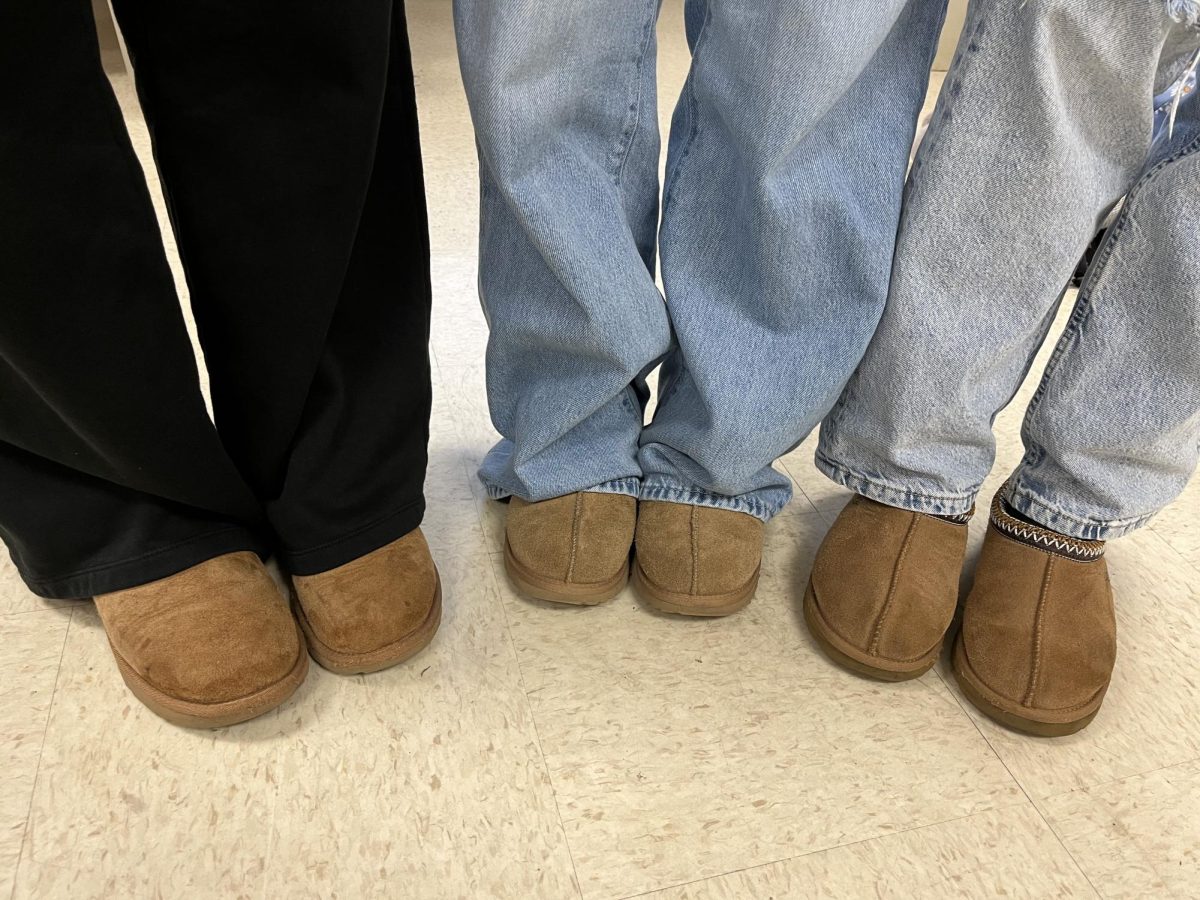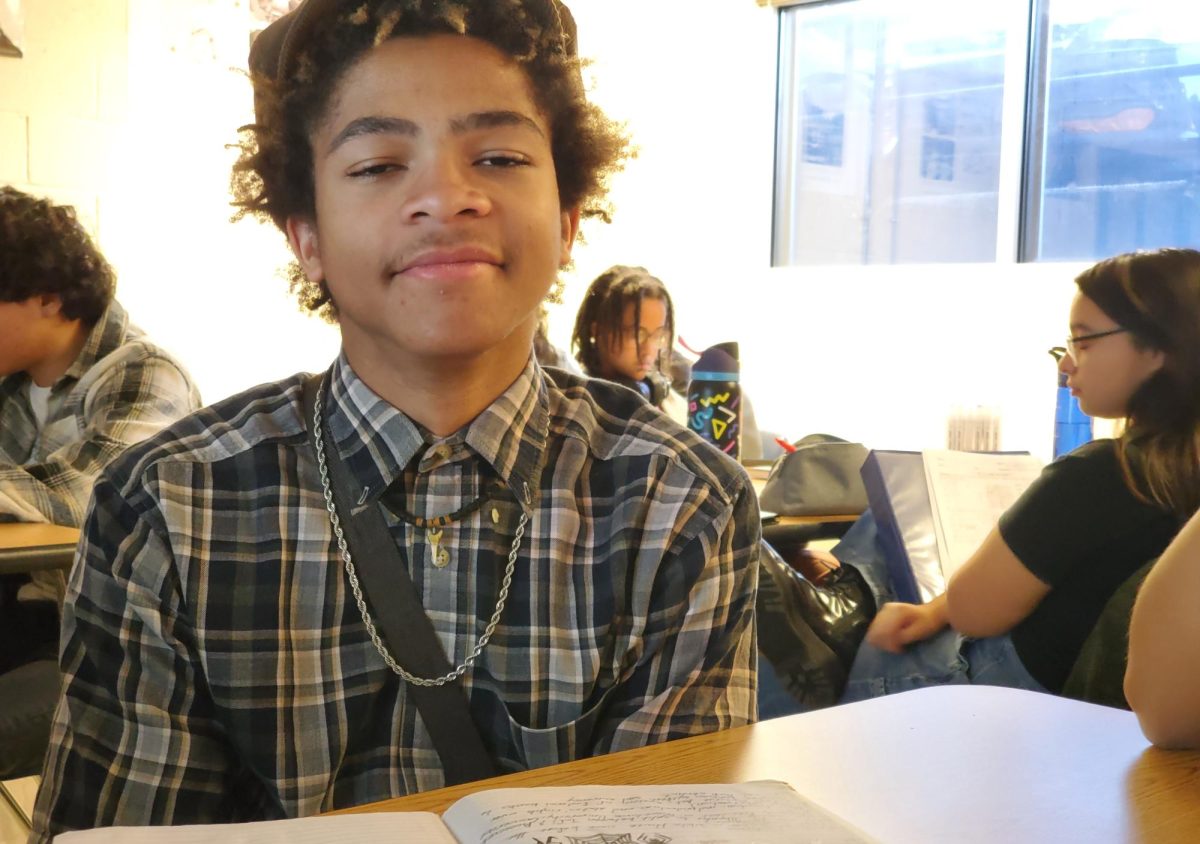You hear it from your parents and see others affected by it, but do you believe in it? Every year underclassmen are warned of the horrors of junior year in high school. Picture this: you passed your sophomore year without a hitch, ready to enjoy your summer and become an upperclassman, but it suddenly occurs to you that things are getting serious. You are quickly thrashed into a seemingly endless cycle of exhaustion and pressure. Late nights become your new normal as you are drained and sleepless, striving for the end. But you can’t give up because the curse has just started and you still have two more years left to trudge through.
In the 11th grade, juniors are expected to spend time researching colleges, increasing academic performances and scoring high on standardized testing. Many juniors decide to take more challenging honors and Advanced Placement (AP) courses. They are also heavily encouraged or even expected to involve themselves in as many extracurriculars as possible to stand out from others during the college admissions process. These requirements can overwhelm juniors as the expectations and pressure don’t compare to their underclassmen years and can lead to the academic burnout of many students.
“Junior year is a very hard and chaotic year,” Kaitlyn Threatt (11) said. “It’s the hardest year in high school. With testing and so much work, you have to really study and prepare because you’re getting ready to apply [to] colleges.”
With many juniors not being able to handle the stress and egregious amounts of work, they often succumb to pressure and give up. This exhaustion and surrender has become widely accepted and normalized to juniors and seniors.
“I pretty much heard [the junior year curse] my entire life, mainly from social media, people would always post about it,” Javien Buggs (11) said. “Especially when I was coming in as a freshman to high school, I’ve just always been weary of that; it also stems from my parents telling me that.”
With the pressure and prioritization for academic success, many juniors give much of their time to their studies or college, and many lose time for their hobbies, friends and even personal time for themselves. This lack of what some might call “self-care” can demotivate juniors and make them lose steam as they try to trudge their way through school.
“I feel that even though I do still participate in activities, sometimes I can’t devote as much time to them as I would compared to sophomore year,” Khloe Brown (11) said. “I think about doing things and then I get the thought of not doing well [with grades] and it scares me.”
However, even with the heavy normalization of failure during junior year, some speculate that this “curse” is just an exaggeration and actually believing in the curse can lead one astray. Some believe that accepting junior year as the worst year is setting themselves up for failure. Those who believe in the curse are the ones who are subconsciously planting poison into their system, making their reality the real curse after all.
“People are easily influenced by [others] … once something becomes established,” Buggs said. “It’s been a hard year but it’s not too challenging. I believe it’s more of a fight-or-flight situation once the pressure hits you.”
A majority of teachers can recognize how the suffocation of junior year drills students, while others can appear detached from their scholars’ struggles. Some teachers tend to ignore the external forces that drain their students, only adding fuel to the fire.
“Teachers should be more lenient when it comes to [knowing] things students have to prepare for,” Buggs said. “For example, I took the PSAT and a lot of my teachers, instead of postponing the work, they still gave me the work that I missed. It was very stressful because I not only knew I had to study for the test the night before, but I also had to make up all the work that I was going to miss.”
As juniors face the daunting challenges of high school, the weight of these responsibilities can seem stifling. However, even in the shadow of these academic trials, there is still hope. Juniors can navigate through the academic darkness by forging stronger connections with their teachers and finding balance through time management skills. Moreover, with careful planning and the ability to conquer procrastination, they can regain control of their time and tackle their tasks with newfound clarity. Though this doesn’t remove the challenges from junior year, these strategies can offer some light through the dark chaos junior year has placed on many students.
“I feel like if we stopped saying junior year is bad, then people wouldn’t struggle as much,” Threatt said. “[People] just need to prioritize and manage their time well, [and] communication with teachers is also important. When you try to cram all that work, it just makes things worse, so you probably [should] take a break in between and give yourself time.”









































